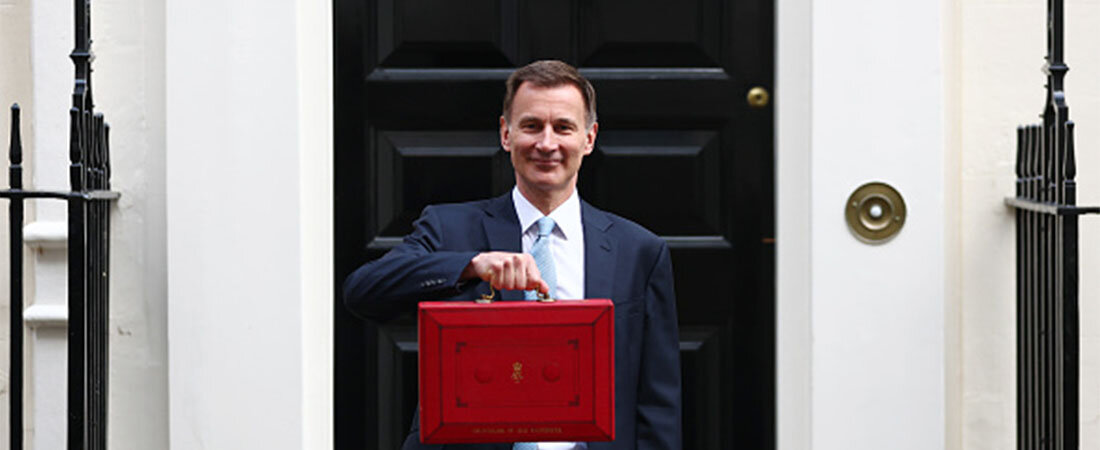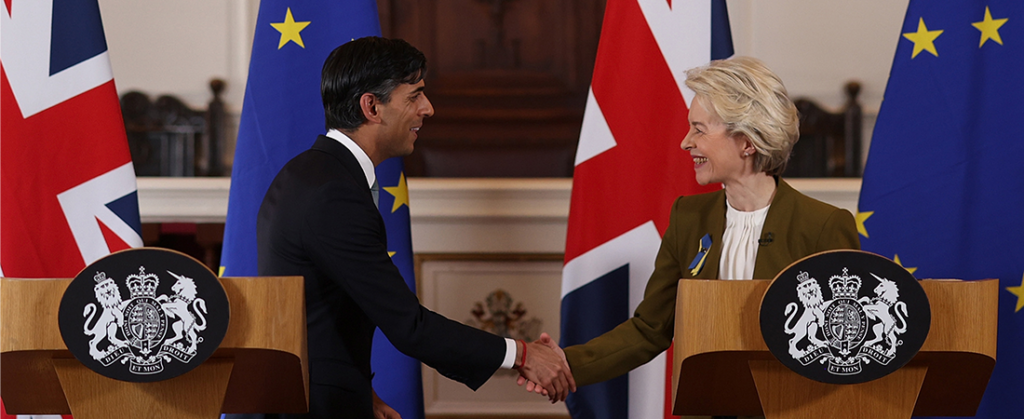Chancellor Jeremy Hunt has delivered his Spring Budget, setting out a number of measures he claims will deliver long-term growth to the British economy. Whilst there was some positive economic mood music, with inflation forecast to fall below the 2% target within months, Hunt still had limited headroom.
All eyes were on whether the Budget would provide a solid indication of whether we are imminently heading towards a May General Election. However, the tone and policies felt decisively unpolitical, without a clear ‘vote winning’ policy moment, suggesting an Autumn General Election is very much still on the cards.
Pollsters and No10 will be watching closely for a shift in the Conservatives’ favour in the polls over the next few days ahead of the March 18th deadline – the last moment for when a 2nd May election (the date of the local elections) can be called.
The Chancellor was more than aware that any big giveaways wouldn’t be convincing given the state of the economy and was keen to present this as a no-thrills Budget which double-downed on fiscal sensibility and confidence in order to steady the ship.
Hunt’s speech aimed to set the tone and message the Conservative Party wants to emanate over the course of the year: that they are a serious Government, who can be trusted with the economy and that “sticking to their plan” has resulted in them being able to cut taxes – namely the 2p cut to national insurance.
Whilst this is a significant announcement, it was well briefed ahead of time, and meant the Budget overall lacked any surprising or new national policy announcements. However, the Budget was littered with regional spending announcements, delivering MP asks in marginal areas looking ahead to both the upcoming local elections, as well as the General Election. The announcement on childcare was also squarely aimed at a key voting demographic: middle-income parents.
There were also important announcements impacting the machinery of Whitehall, marking a clear change in Treasury orthodoxy. The OBR will change how they measure migration, stopping the assumption that it is a cost-free boost to the economy, which has been a long-standing and significant source of tension between the Home Office and Treasury. The Budget also sets out that there will not be another spending review ahead of a general election, leaving Government departments and public services with considerable questions about their budgets post-April 2025.
Labour is left feeling relatively confident post-Budget. Whilst announcements over the removal of the ‘non-dom’ tax status and extension of childcare provisions were intended to take the wind out of their sails, the Budget has not made their life significantly harder. They have also costed in a potential swing in the polls in the coming days towards the Conservative’s off the back of the Budget. On the whole, they still feel that their central campaign messaging of ‘who feels better after 14 years?’ still stands and will continue to call for an election as soon as possible.





